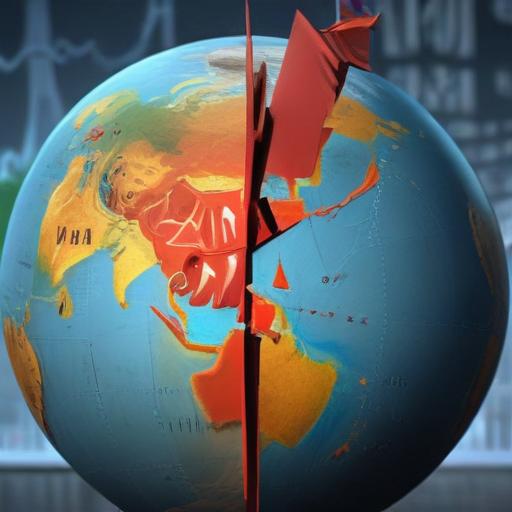Investor concerns surrounding tariffs have resurfaced this week, following President Trump’s remarks about broadening the trade war. During a meeting with Canadian Prime Minister Mark Carney at the White House, Trump reiterated his frustration over trade dynamics, suggesting that the U.S. should cease “subsidizing” Canada, highlighting that it doesn’t engage significantly in business with the U.S.
Turning his focus to China, Trump indicated that he has no intention of conversing with President Xi Jinping anytime soon but expressed a willingness to consider reducing the imposing 145% tariffs on Chinese imports in a recent interview. He stated, “At some point, I’m going to lower them,” acknowledging that aggressive tariffs could hinder business relationships, despite claiming earlier that “we’re losing nothing” by holding back on trade with China.
Encouragingly, a potential thaw in U.S.-China relations seems on the horizon, as a high-level meeting between U.S. officials and their Chinese counterparts is set to take place in Switzerland later this week. Treasury Secretary Scott Bessent and Trade Representative Jamieson Greer will hold discussions with Chinese Vice Premier He Lifeng, marking the most significant engagement since the trade dispute escalated earlier in April.
China has also reportedly identified a list of U.S. goods that will be exempt from its own 125% tariffs, a strategic move aimed at alleviating some trade tensions without making explicit concessions.
However, Trump maintains that the 145% tariffs imposed on Chinese goods are warranted, stating that China “deserves it” and implying that they could absorb the cost. This stance, though, appears at odds with internal discussions within his administration, which are contemplating phased tariff reductions and a revive of trade negotiations.
Additionally, Trump signaled that tariffs on pharmaceutical imports could be forthcoming, with a decision expected within weeks. This potential move may further impact sectors already feeling the pinch from tariffs, such as Ford Motor Company, which recently adjusted its forecasts due to the financial implications of the duties.
In an unexpected turn, Trump also threatened the imposition of a 100% tariff on foreign-made films, causing a sharp decline in media stocks like Netflix. As global markets react to these developments, investors remain on high alert, navigating the complexities of evolving trade policies.
This situation continues to capture attention as it reflects broader economic dynamics, and the outcome of the impending U.S.-China discussions could signal a step toward resolution in the ongoing trade conflict.
